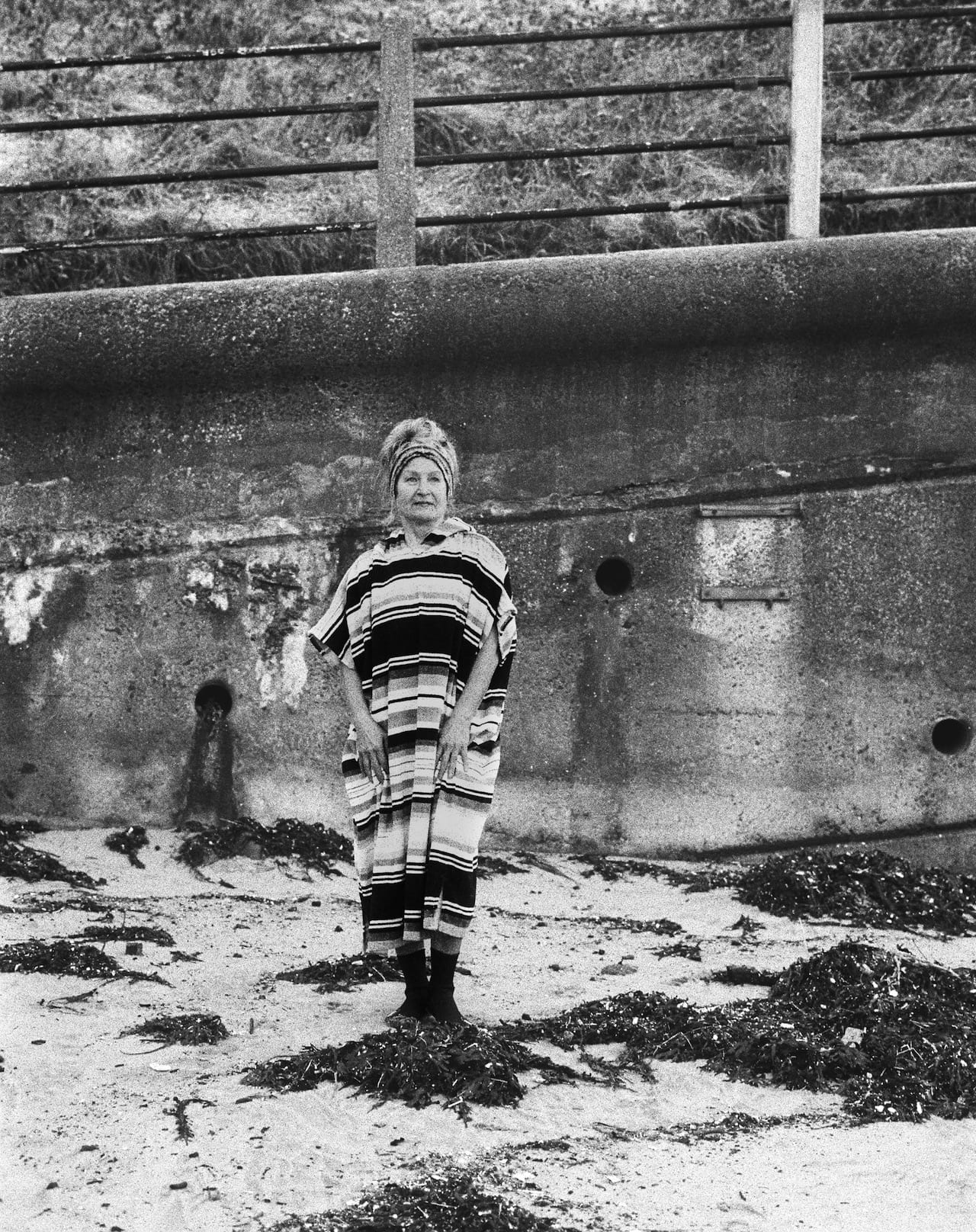In 1969 the Finnish-born photographer Sirkka-Liisa Konttinen ditched her filmmaking course, moving to Newcastle with a group of idealistic young ex-students to found the Amber collective, and embarking on a series of long-term projects, including her seminal work on Byker, which was inscribed in the Unesco UK Memory of the World Register. Nearly 50 years on, she continues to live and work in the north-east as a member of Amber
My decisive influence was my Auntie Oili. She took great spontaneous pictures of me and my brothers growing up.
She lent me her camera when I was 12. By 14 I was a member of a nearby camera club, learning to process film and to print. Pure magic! Visual storytelling found me early.
I only stayed a term at the Regent Street Polytechnic in London. I came to study film, but became involved in the ‘Ideas Factory’, the embryonic Amber collective forming around the visionary final-year student Murray Martin. I left with the group for Newcastle soon after.
What brought us together and served us well is our common goals. Our egalitarian constitution, self-determination, editorial control, creative freedom, sharing of resources, lasting friendships… We moved to the industrial north-east with the aim of giving voice to working class and marginalised communities.
I came from a country of forests and 180,000 lakes. So Newcastle’s Quayside, with its Victorian architecture and bridges, and its massive sandstone structures coated in black soot, struck me as sublimely surreal.
I found myself a home in Byker, falling in love with its vibrant community and visually stunning streets. Initially, I had no project in mind, but after seven years of living and photographing there, I had promised too many people that there would be a book at the end of it all. And after another seven there was.
When Cartier-Bresson exhibited at the Side Gallery, Amber hosted his 70th birthday party in my flat. He warned me against getting too embedded in Byker, becoming too known to my subjects: “Take photographs as if you were catching butterflies – just like that!” he said, snapping his fingers. I have endeavoured to follow his second suggestion while ignoring his first.
“The quality that we call beauty… must always grow from the realities of life.” So wrote Japanese novelist Jun’ichirō Tanizaki. The documentary genre embodies this.
It was a huge surprise for me to have a room all to myself in the inaugural show of Tate Modern’s Switch House. Beyond the personal, it is uplifting to see documentary photography on such a prestigious platform, when the British art establishment has pretty much snubbed it for the past two or three decades. Things are changing.
I get mad with the world, and myself in it. Which is inevitable when you start your life in a sane, egalitarian society such as Finland. Why can’t others follow suit? My instincts were and still are both socialistic and green.
I am Finnish to the core. After 50 years in the north-east of England, the moment I open my mouth, I am identified as a foreigner. But I loved the UK that embraced me as a welcome addition to its already broad spectrum of humanity.
I discovered the thrill of ice swimming in Finland some 25 years ago. Since then I have swum and bodyboarded in the North Sea most mornings all year round. It’s like putting Champagne in your veins. We have an effervescent little social group, mostly women, meeting regularly on the beach.
I am a feminist, of course. Which working woman wouldn’t be? Just now I’m curating an exhibition from the AmberSide Collection of women photographers’ work, for the Great Exhibition of the North. Women By Women will be on at the Baltic Centre for Contemporary Art, Gateshead, this summer.
Photography has taught me to be patient. That everything takes too long, except life itself. I will be 70 this year and I’m seeing children grow up and then grow old. Sometimes I feel like I’m standing outside of time.
I actively cultivate the enjoyment of life. This requires new challenges, such as wading into the unpredictable sea each morning.

